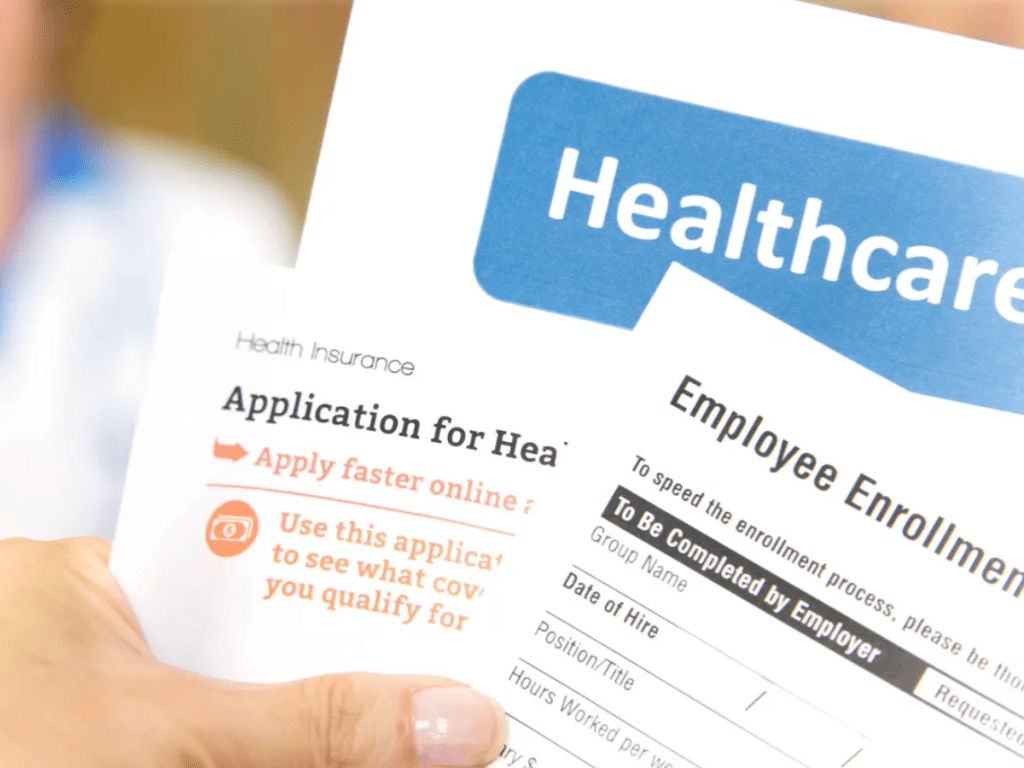Introduction
Health insurance can be complex, especially when choosing between different types of plans. Three of the most common types are HMO (Health Maintenance Organization), PPO (Preferred Provider Organization), and EPO (Exclusive Provider Organization). Each plan type has unique features that can impact your healthcare experience, including costs, provider choices, and coverage rules.
Understanding these differences is crucial for selecting the best plan that fits your needs. This guide breaks down HMO, PPO, and EPO in simple terms, so you can make an informed decision.
What is an HMO (Health Maintenance Organization)?
An HMO (Health Maintenance Organization) is a network-based health insurance plan where you must select a Primary Care Physician (PCP) to manage your healthcare. This plan has strict provider rules but typically offers lower out-of-pocket costs.
How an HMO Works
- PCP Requirement – You must choose a Primary Care Physician (PCP), who acts as your main healthcare provider. They manage all your medical needs and provide referrals to specialists.
- Network Restrictions – You can only use doctors, hospitals, and specialists within the HMO’s approved network. If you visit an out-of-network provider, you’ll likely have to pay full price unless it’s an emergency.
- Referrals for Specialists – If you need to see a specialist, your PCP must provide a referral before your insurance covers the visit.
Pros of an HMO
- Lower premiums and out-of-pocket costs
- Coordinated care through a single doctor (PCP)
- Preventive services often included
Cons of an HMO
- Limited provider network (you must stay in-network)
- Referral required for specialists
- No coverage for out-of-network care (except emergencies)
What is a PPO (Preferred Provider Organization)?
A PPO (Preferred Provider Organization) offers more flexibility than an HMO because it doesn’t require a PCP and allows you to see specialists without a referral. PPOs also provide out-of-network coverage, though at a higher cost.
How a PPO Works
- No PCP Requirement – You don’t have to choose a Primary Care Physician, giving you the freedom to see any doctor.
- Specialist Access Without Referrals – You can visit specialists directly without needing approval from a PCP.
- Out-of-Network Coverage – PPOs allow out-of-network visits, but you will pay more compared to using in-network providers.
Pros of a PPO
- Greater freedom to choose healthcare providers
- No referral needed for specialists
- Coverage for out-of-network care
Cons of a PPO
- Higher premiums and out-of-pocket costs
- More paperwork if using out-of-network providers
- Deductibles and copays may be higher than HMOs
What is an EPO (Exclusive Provider Organization)?
An EPO (Exclusive Provider Organization) is a hybrid between an HMO and PPO. Like an HMO, it only covers in-network care, but like a PPO, it doesn’t require referrals for specialists.
How an EPO Works
- Network-Only Coverage – You must use in-network providers for all medical services except in emergencies.
- No PCP Requirement – Unlike HMOs, an EPO doesn’t require you to choose a Primary Care Physician.
- No Referral Needed for Specialists – You can visit specialists directly without needing approval from a PCP.
Pros of an EPO
- Lower premiums than a PPO
- No need for referrals to see specialists
- Potentially broader network than an HMO
Cons of an EPO
- No out-of-network coverage (except for emergencies)
- Higher out-of-pocket costs than an HMO
- Limited provider choices compared to PPOs
Key Differences Between HMO, PPO, and EPO
Each plan type has its own cost structure, provider flexibility, and rules for specialist care. Here’s how they compare:
1. Flexibility in Choosing Providers
- HMO – Least flexible; you must see in-network doctors and need referrals for specialists.
- PPO – Most flexible; you can see both in-network and out-of-network providers without referrals.
- EPO – Moderate flexibility; you must stay in-network but don’t need referrals for specialists.
2. Cost Differences
- HMO – Lowest costs, including lower premiums and copays, but limited provider access.
- PPO – Higher costs, including higher premiums, deductibles, and copays, but more provider choices.
- EPO – Mid-range costs, often cheaper than PPOs but more expensive than HMOs.
3. Specialist Access
- HMO – Referrals required from a PCP.
- PPO – No referral needed; you can see specialists directly.
- EPO – No referral needed, but you must stay in-network.
4. Coverage for Out-of-Network Care
- HMO – No coverage for out-of-network care (except emergencies).
- PPO – Covers out-of-network care, but at a higher cost.
- EPO – No coverage for out-of-network care (except emergencies).
Which Plan is Best for You?
The best plan for you depends on your budget, healthcare needs, and provider preferences.
Choose an HMO If:
- You want lower premiums and out-of-pocket costs.
- You’re comfortable with a PCP managing your care.
- You don’t mind needing referrals for specialists.
Choose a PPO If:
- You want the freedom to see any doctor or specialist.
- You travel frequently and may need out-of-network care.
- You don’t mind paying higher premiums for flexibility.
Choose an EPO If:
- You want lower costs than a PPO but more flexibility than an HMO.
- You’re fine with staying in-network.
- You don’t want to deal with referrals for specialists.
Final Thoughts
Choosing between an HMO, PPO, or EPO depends on your personal healthcare needs and budget. If you prioritize affordability and structured care, an HMO may be best. If you value flexibility and out-of-network coverage, a PPO is a better choice. If you want something in between, an EPO offers a mix of affordability and specialist access without referrals.
Understanding these differences will help you make an informed decision and select a health insurance plan that fits your lifestyle and healthcare priorities.

